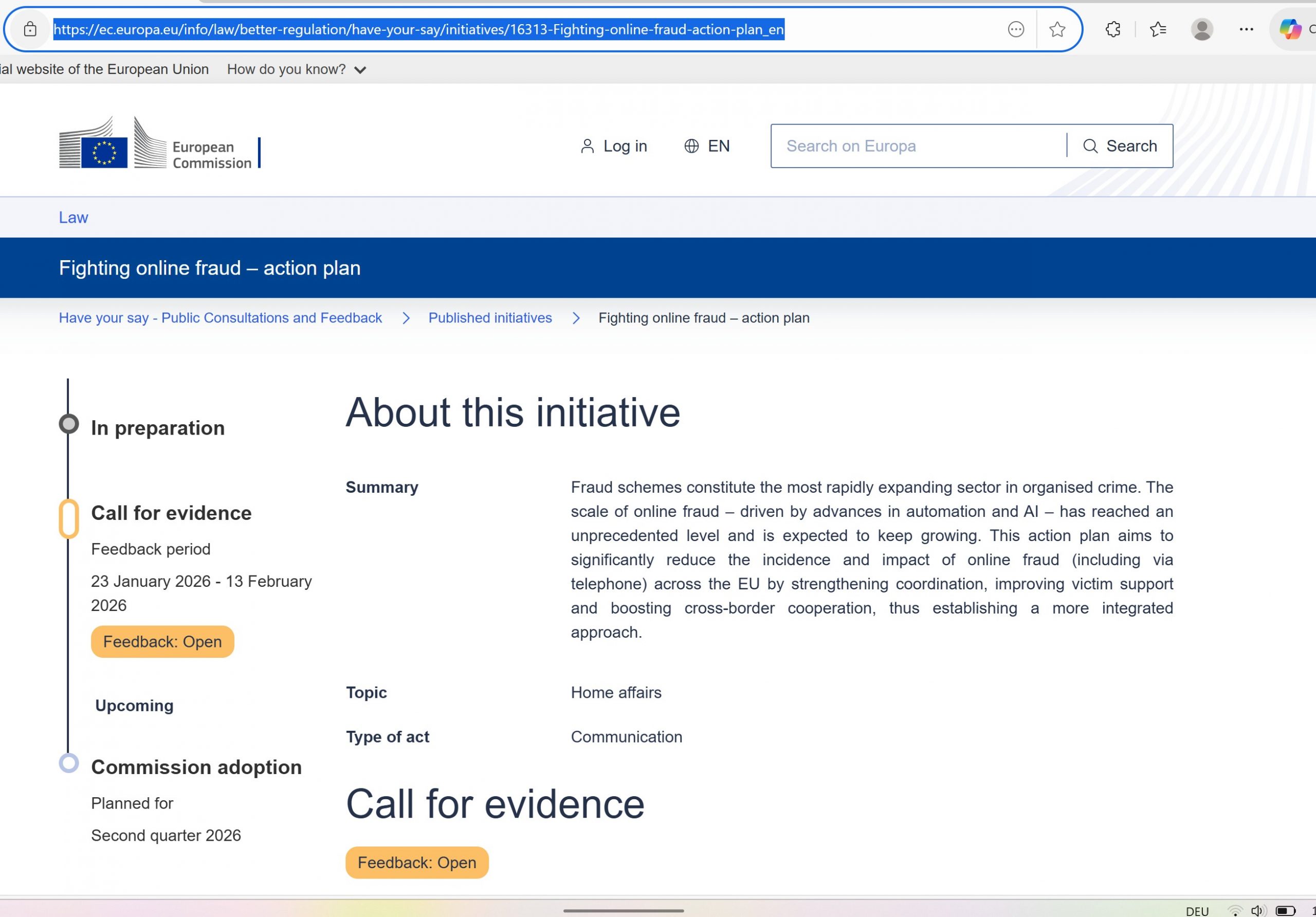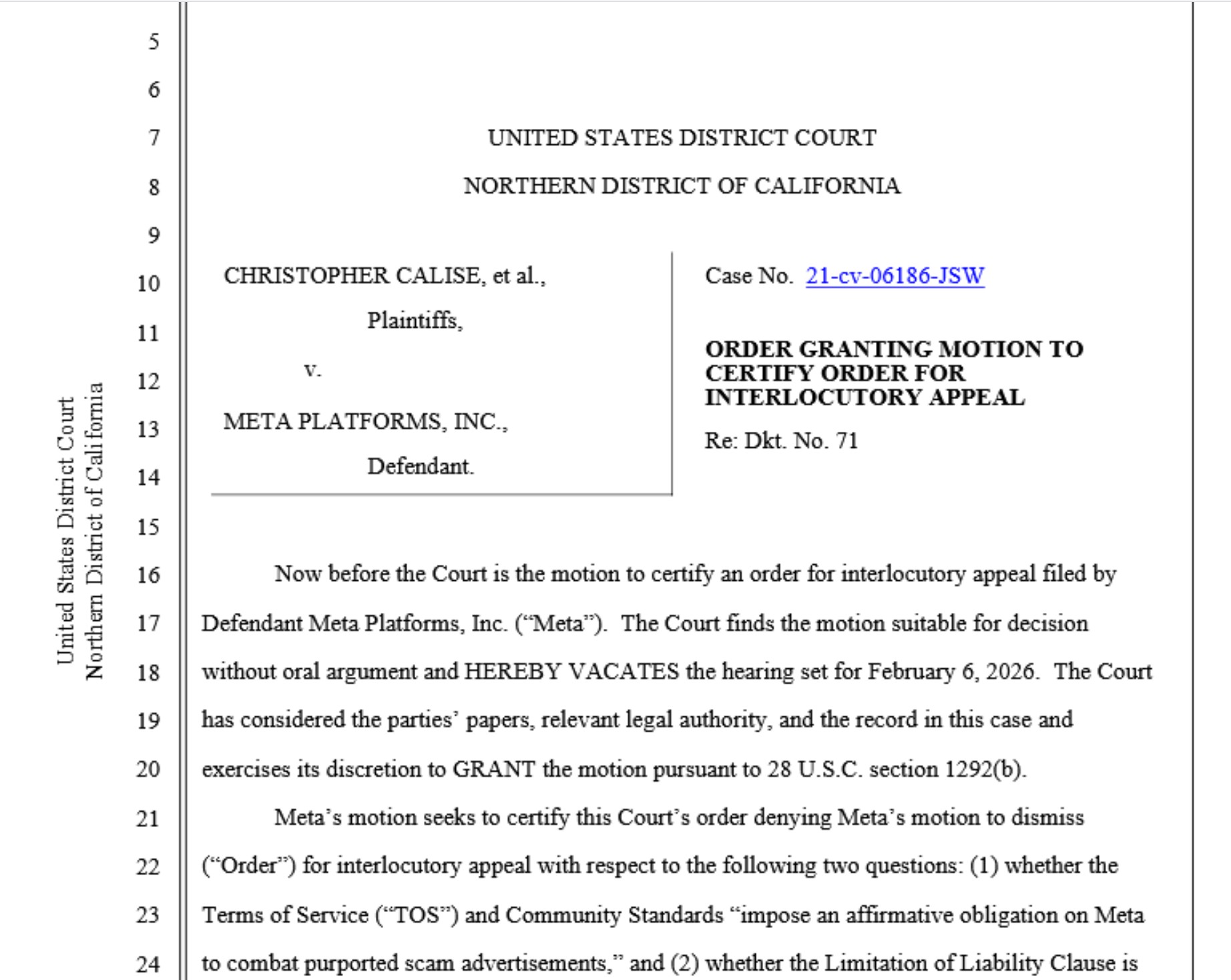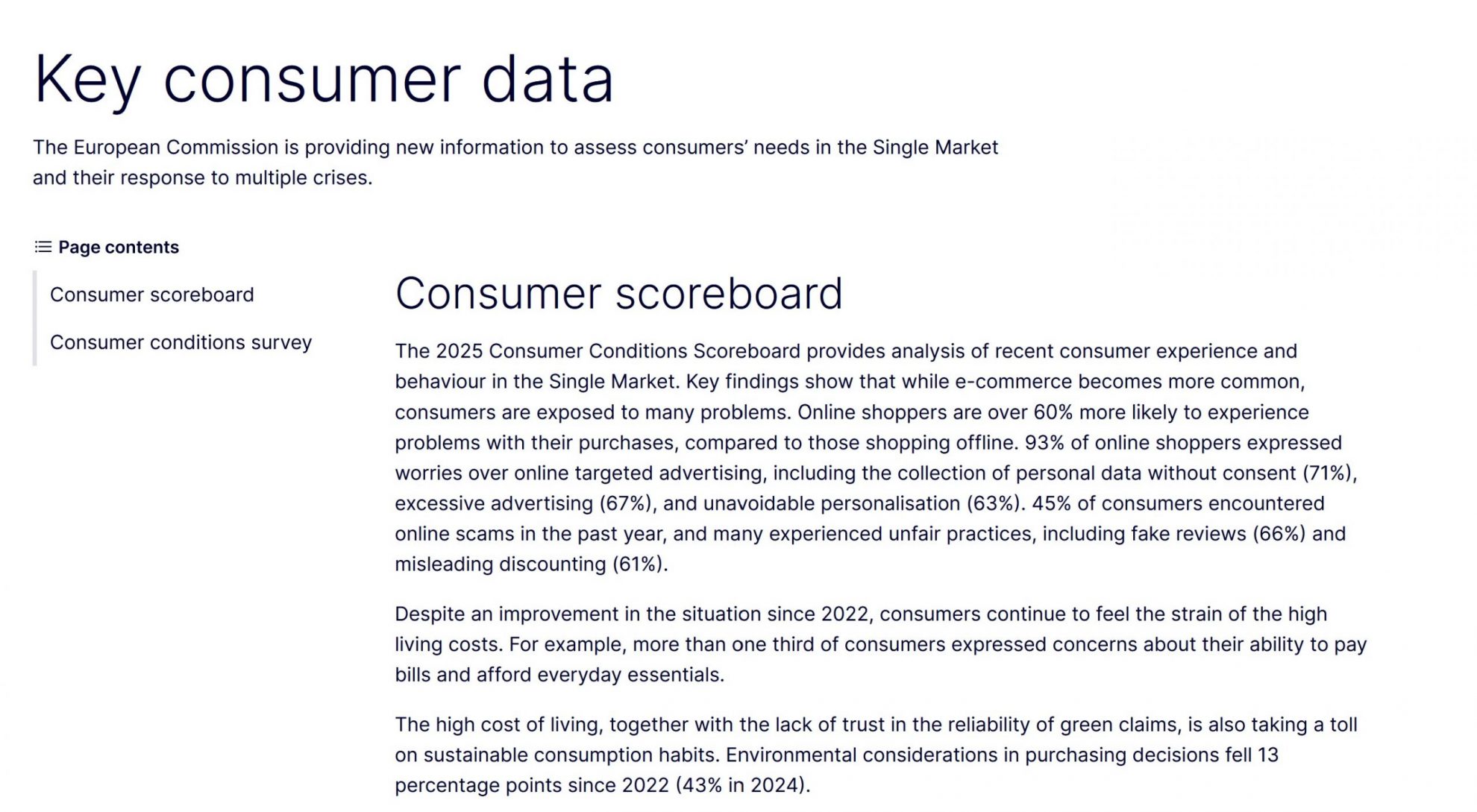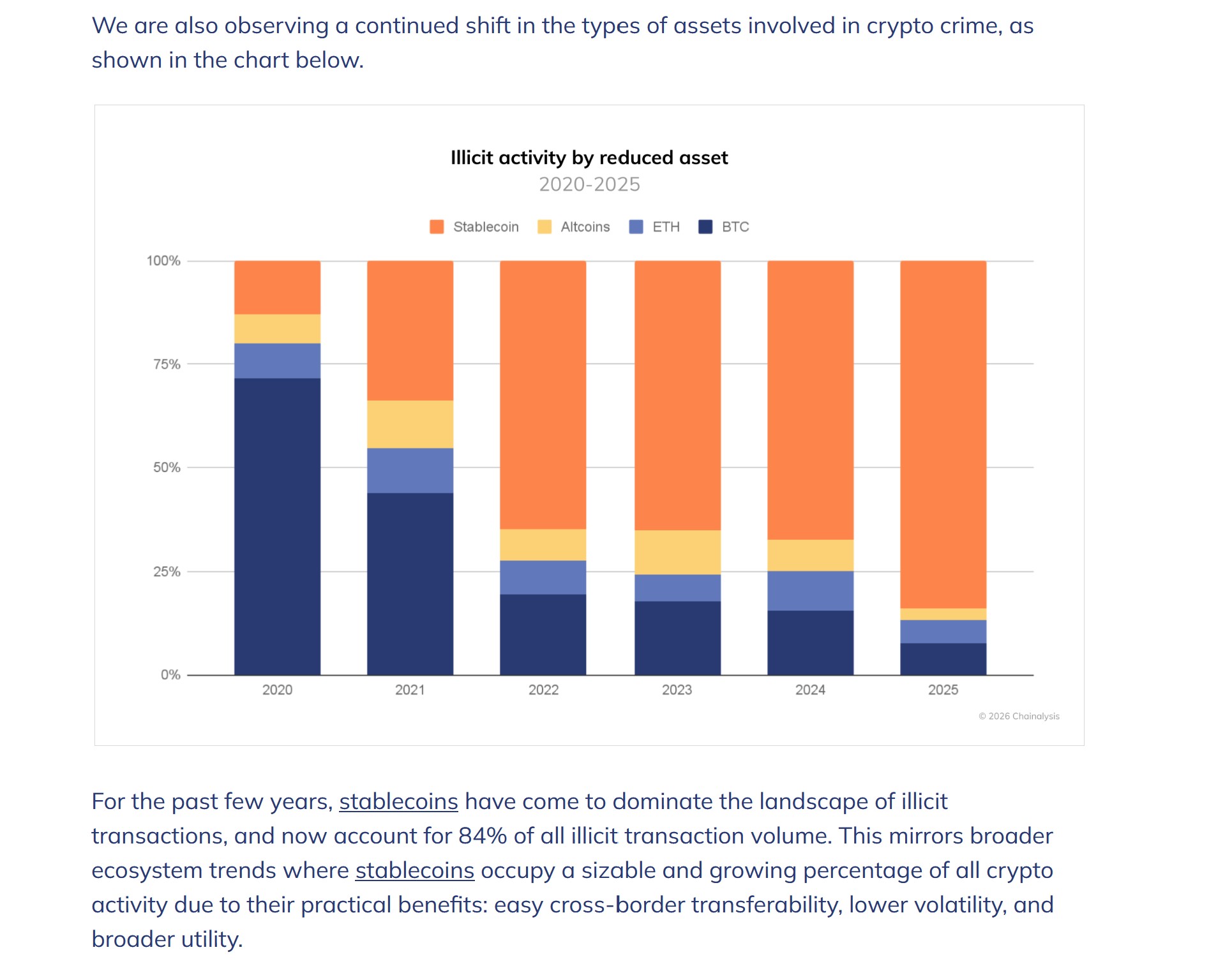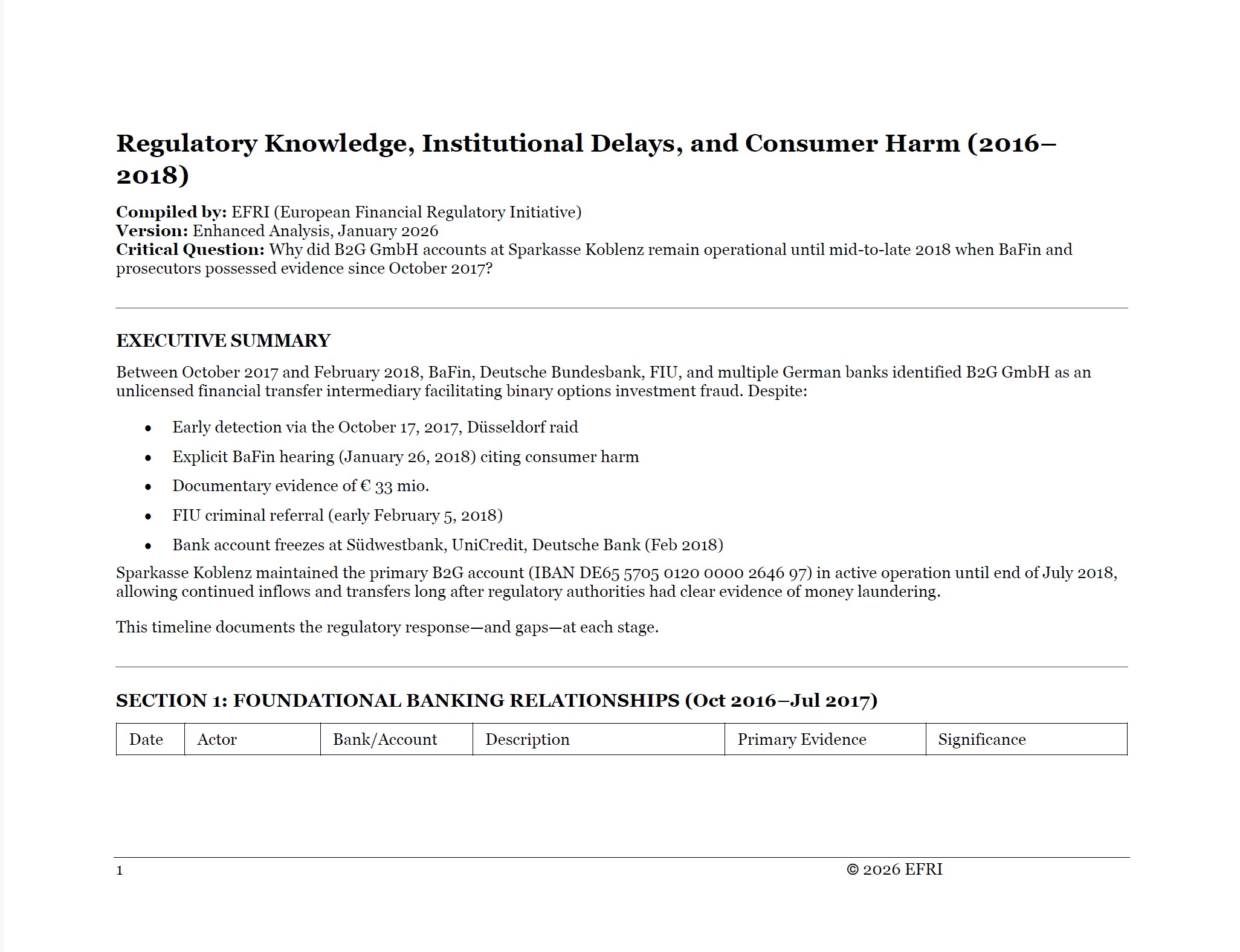The Trump administration’s decision to halt the activities of the US Consumer Financial Protection Bureau (CFPB) is a critical misstep with potentially far-reaching consequences for American consumers. Established in response to the 2008 financial crisis, the CFPB has played a crucial role in promoting financial fairness, transparency, and accountability. Rolling back its authority threatens to weaken consumer protections, leaving millions vulnerable to predatory financial practices.
Why the CFPB Was Established
The CFPB was created under the Dodd-Frank Wall Street Reform and Consumer Protection Act of 2010 as a response to the 2008 financial crisis, which exposed widespread predatory lending practices and regulatory failures in the financial sector.
Before the CFPB, consumer protection responsibilities were scattered (like in Europe) across multiple agencies, leading to inefficiencies and oversight gaps. The bureau centralised these functions, serving as the primary enforcer of federal consumer financial laws and ensuring that financial institutions operate fairly and transparently.
The CFPB’s Key Achievements
Since its inception, the CFPB has delivered substantial benefits to millions of scammed US victims:
- Financial Relief for Consumers – The bureau has recovered over $17.5 billion in refunds and relief for approximately 200 million Americans harmed by fraudulent or predatory financial practices.
- Regulation of Financial Practices – It has introduced critical regulations, such as requiring lenders to assess borrowers’ ability to repay mortgages and restricting overdraft fees.
- Transparency and Accountability – The CFPB has enforced consumer protection laws against nearly 300 companies and processed over 3 million consumer complaints, ensuring financial institutions remain accountable.
- Protection for Vulnerable Groups – The agency has safeguarded military personnel, students, and other at-risk groups from exploitative financial practices.
Why Dismantling the CFPB Is a Mistake
- Increased Consumer Vulnerability – Without the CFPB’s oversight, consumers are at greater risk of falling prey to predatory lenders, hidden fees, and deceptive financial practices—issues that were rampant before the bureau’s creation.
- Loss of Corporate Accountability – Suspending investigations and enforcement actions removes a critical deterrent against corporate misconduct, potentially allowing financial institutions to exploit consumers unchecked.
- Economic Instability – Weakening consumer protections undermines financial stability, as unchecked predatory practices were a key driver of the 2008 financial crisis.
Europe urgently needs a European CFPB
In recent years, several of the most notorious cybercriminal organisations have deliberately avoided targeting victims in the United States. For instance, websites operated by individuals like Gal Barak and Uwe Lenhoff actively blocked users with U.S.-based IP addresses.
The rationale behind this strategy was straightforward: the effectiveness of U.S. law enforcement and consumer protection agencies, such as the CFPB. Scamming U.S. citizens carried a significant risk, as perpetrators could face arrest during something as routine as a layover at a U.S. airport. While these cybercriminals mocked the perceived inefficacy of European law enforcement agencies, they were acutely aware of the capabilities and reach of their American counterparts.
This underscores the importance of robust financial regulations and effective enforcement agencies, such as the CFPB. Without such institutions, the U.S. could become as vulnerable to financial fraud as Europe, where cybercriminals and their questionable financial service partners, such as Payvision B.V. (the main payment service provider for Barak and Lenhoff).
Conclusion!
The Trump administration’s planned deregulation of financial and crypto services comes at a time when cybercriminal activity is surging, creating a dangerous intersection that could have severe consequences for the global economy. Unregulated financial markets and weakened oversight provide fertile ground for fraud, money laundering, and illicit activities, threatening both individual investors and broader economic stability.
At the core of any financial system lies trust—the fundamental requirement for market stability and consumer confidence. Without strong regulatory safeguards, this trust erodes, exposing the economy to heightened risks of financial misconduct and systemic crises.
The US CFPB has proven itself as an essential watchdog, protecting consumers and ensuring accountability in the financial sector. Rolling back its authority is a step in the wrong direction, jeopardising years of progress in consumer protection and economic fairness.
Now, more than ever, Americans need robust safeguards against corporate exploitation and financial fraud. Weakening the CFPB doesn’t just harm individual consumers—it threatens the stability of the entire economic system and risks inviting the very kinds of fraud that US law enforcement has successfully deterred for years.


